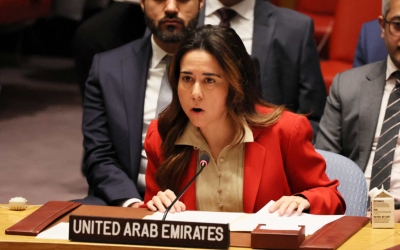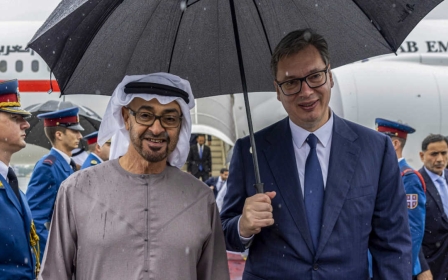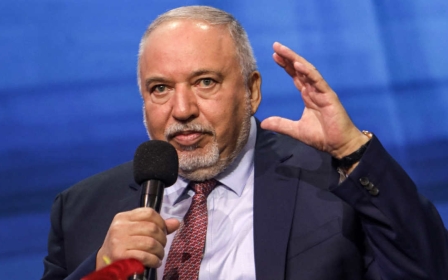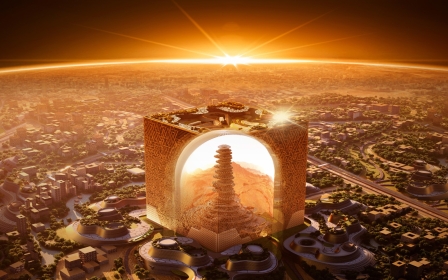UAE could start tender process this year for second nuclear power plant: Report
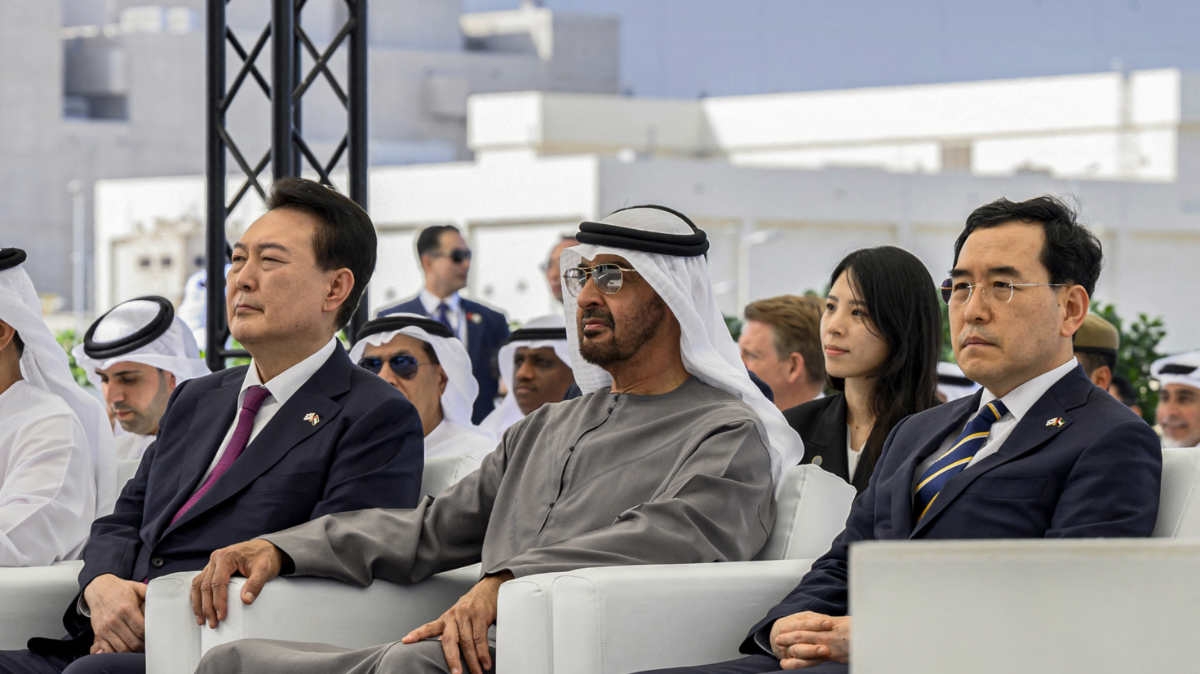
The United Arab Emirates is mulling building a second nuclear power plant as it looks for ways to address growing electricity demand in the Emirates, according to a report by Reuters.
The deliberations are based on Emirati predictions that there will be a substantial increase in electricity use in the coming years as a result of the UAE’s growing population and investments in the industrial sector.
"The government is looking at this option. No final decision has been made in terms of the tender process but I can tell you that the government is actively exploring this option,” Hamad Alkaabi, the UAE's ambassador to Austria and its permanent representative to the UN's nuclear agency, told Reuters.
The UAE was the first Arab country to unveil a nuclear power plant in the Arab world. In 2020, it opened the Barakah nuclear energy plant, which was constructed by a South Korean company. In March 2024, the UAE unveiled its plant's fourth and final reactor.
Alkaabi told Reuters that Abu Dhabi had not assigned funds for a second power plant or agreed to specifics, but that a tender process could start in 2024. He said the plant would consist of two to four reactors.
New MEE newsletter: Jerusalem Dispatch
Sign up to get the latest insights and analysis on Israel-Palestine, alongside Turkey Unpacked and other MEE newsletters
If the UAE does pursue a second plant, it could unleash competition between China, Russia and the US to build the complex. The UAE is a close US military partner but has attracted Russians to live there and do business, looking to evade western sanctions, with the UAE also courting Beijing.
The US has lobbied the UAE to crack down on what it says are Russian sanctions evasions. At the same time, the Biden administration pressured the UAE to halt construction on a Chinese port project near Abu Dhabi over suspicions it had potential military purposes.
Any moves by the UAE to expand its nuclear civilian capabilities will be carefully watched by regional states.
As part of its negotiations with the US to normalise ties with Israel, Saudi Arabia wants US technology and assistance in building its own nuclear plant. Riyadh has previously considered bids to build a nuclear power station from countries including China, Russia and France, according to The Financial Times.
The US hopes it can peal Saudi Arabia away from China. However, Riyadh and Washington have clashed over the kingdom’s demand that there be no restrictions on enriching uranium.
Washington has baulked at Saudi Arabia’s demand for there to be no restrictions on enriching its own uranium.
In 2009 the UAE signed a 123 agreement with Washington which commits countries cooperating with the US from enriching and selling uranium.
The UAE has long insisted that its nuclear programme is peaceful and that it purchases fuel for its nuclear reactors abroad to avoid enriching uranium.
Saudi Arabia’s Crown Prince Mohammed bin Salman raised concerns in an interview last year when he said the kingdom is not seeking a nuclear weapon but would consider doing so if Iran did. Iran has sped up its enrichment programme and experts say it could produce fuel for a few nuclear bombs in just a few weeks if they decided to do so.
“If [Iran] gets one, we have to get one. For security reasons, for balancing power in the Middle East. But we don't want to see that,” the crown prince said in September.
Middle East Eye delivers independent and unrivalled coverage and analysis of the Middle East, North Africa and beyond. To learn more about republishing this content and the associated fees, please fill out this form. More about MEE can be found here.


